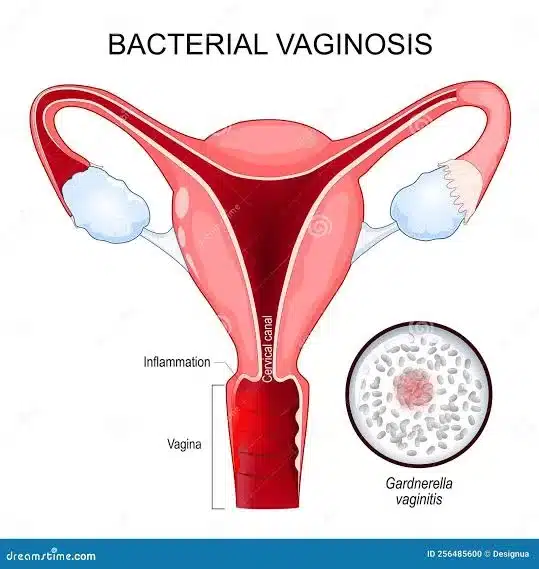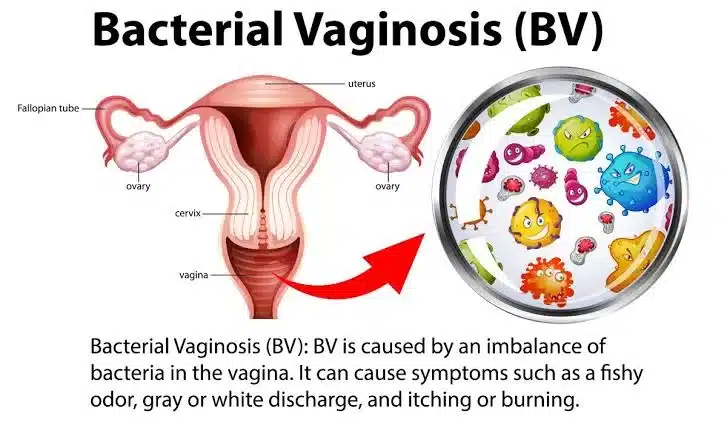Nexplanon, a popular long-acting reversible contraceptive (LARC) implant, offers convenient and effective birth control for up to five years. But amidst its many benefits, whispers of a potential link between Nexplanon and bacterial vaginosis (BV) have emerged. Can this tiny implant truly disrupt the delicate balance of your vaginal microbiome and trigger unpleasant symptoms? Let’s delve deeper into the evidence and separate fact from fiction.
Understanding Bacterial Vaginosis:
Before exploring the Nexplanon connection, it’s crucial to understand BV itself. This common vaginal condition isn’t caused by an STD, but rather by an imbalance in the naturally occurring bacteria residing in your vagina. When “good” Lactobacillus bacteria decline, and “bad” anaerobic bacteria overgrow, BV takes hold. This shift in the bacterial ecosystem can lead to symptoms like:
- Thin, grayish-white discharge with a fishy odor
- Itching, burning, or irritation around the vagina
- Pain during urination or sex
While uncomfortable, BV rarely poses serious health risks and is readily treatable with antibiotics. However, its association with increased susceptibility to HIV and other sexually transmitted infections highlights the importance of maintaining a healthy vaginal microbiome.
Nexplanon and the Vaginal Microbiome:
Nexplanon releases a synthetic progestin hormone called etonogestrel, which primarily suppresses ovulation and thickens cervical mucus to prevent sperm from reaching the egg. Some research suggests that progestins like etonogestrel might influence the vaginal microbiome, but the exact mechanisms and extent of this influence remain unclear.
- Limited Studies: Existing research on the Nexplanon-BV connection is sparse and inconclusive. Some small studies haven’t found a significant link, while others suggest a potential increase in BV risk among Nexplanon users compared to non-users.
- Individual Factors: The influence of progestins on the vaginal microbiome likely varies depending on individual factors like genetics, pre-existing bacterial balance, and hormonal fluctuations.
- Confounding Variables: Studies on the Nexplanon-BV link often face challenges like small sample sizes, lack of control groups, and the presence of confounding variables like sexual activity and hygiene practices, making it difficult to draw definitive conclusions.

The Verdict: Still Unclear:
Based on the current evidence, it’s impossible to definitively say whether Nexplanon directly causes BV. While some studies hint at a potential association, the research is limited and inconclusive. Individual factors and confounding variables further complicate the picture.
So, should you ditch Nexplanon due to BV concerns?
Not necessarily. Unless you experience persistent or severe BV symptoms, switching birth control solely based on this potential link isn’t warranted. Remember:
- BV is a common condition affecting millions of women, regardless of their contraceptive choices.
- Other factors like sexual activity, hygiene practices, and antibiotic use play a more significant role in BV development.
- Nexplanon offers numerous benefits like long-acting, convenient, and highly effective birth control.
Prioritize Your Health:
If you’re concerned about BV or experience symptoms like unusual discharge, itching, or burning, consult your healthcare provider. They can conduct a pelvic exam and swab test to diagnose BV and discuss the most appropriate treatment options. Additionally, keep these tips in mind to maintain a healthy vaginal microbiome:
- Practice good hygiene: Wash your vulva with warm water and a gentle, pH-balanced cleanser. Avoid harsh soaps, douches, and scented products.
- Wear loose-fitting cotton underwear: Tight-fitting clothing can trap moisture and promote bacterial growth.
- Limit antibiotic use: While necessary for treating infections, antibiotics can disrupt the vaginal microbiome. Discuss alternatives with your doctor.
- Maintain a balanced diet: Probiotics and prebiotics found in yogurt, kefir, and kombucha can support vaginal health.
Conclusion:
The link between Nexplanon and BV remains shrouded in uncertainty. While some research suggests a potential association, the evidence is inconclusive and individual factors play a more significant role. If you’re concerned about BV, prioritize open communication with your healthcare provider and focus on maintaining a healthy vaginal microbiome through good hygiene, dietary choices, and responsible antibiotic use. Remember, Nexplanon offers numerous benefits, and its potential connection to BV shouldn’t be a sole reason to discontinue its use without consulting your doctor first.
Let’s continue the conversation! Do you have any questions or experiences regarding Nexplanon and BV? Share your thoughts in the comments below.
Disclaimer: This article is for informational purposes only and should not be interpreted as medical advice. Always consult your healthcare provider for personalized guidance regarding your health and contraceptive choices.
**


Fantastic site A lot of helpful info here Im sending it to some buddies ans additionally sharing in delicious And naturally thanks on your sweat
Glad you found the article helpful 🥰